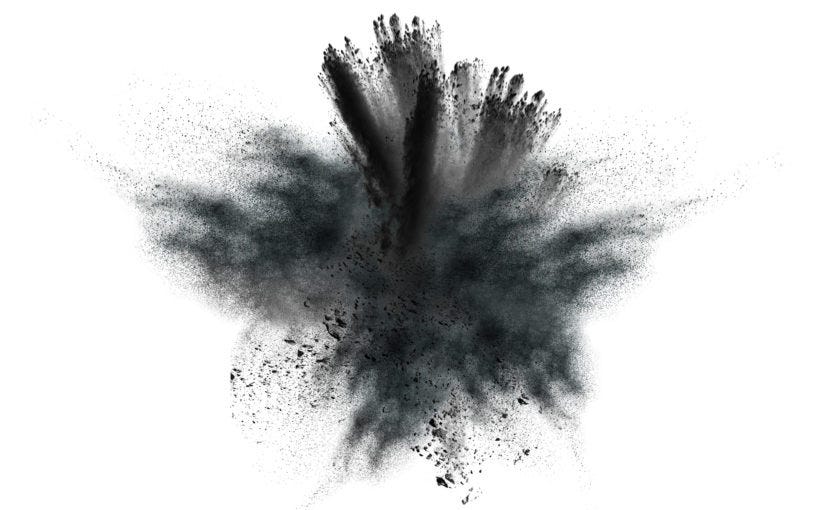This Carbon Atom is Mine, and This is Yours
Interesting explanation of anattā (Not Self) from Mori Masahiro’s The Buddha in the Robot:
When we are born into this world, we do seem to have been given a portion of our mothers’ flesh. Yet when sperm fertilizes ovum and a baby is conceived, the most important element is not ordinary flesh, but the hereditary information contained in DNA, an acid found in chromosomes. The molecular structure of DNA determines our sex, our looks, and to a large extent our personalities.
Once these features are decided, as they are at the time of conception, it remains for our mothers to furnish us with flesh and bones. This they do by eating vegetables from the greengrocer’s, beef and pork from the neighborhood butcher, bread from the baker. Any of these foods, supplied by a production and distribution system that may involve millions of people in many countries, could contain carbon from our Alaskan polar bear. How can you and I say then that this carbon is mine and that carbon is yours? At the atomic level, all carbon is the same; no two carbon atoms differ in the slightest, either in form or in character.
When you look at the problem this way, it begins to seem only natural that we have trouble distinguishing between what is us and what is not. Our chemical and physical composition is such that no one is entitled to say, “This body is mine, all mine.” When you have mastered this point, you are ready to start thinking about “nothing has an ego.”
The Buddha in the Robot, pp. 29-30.


